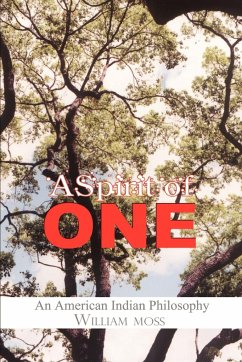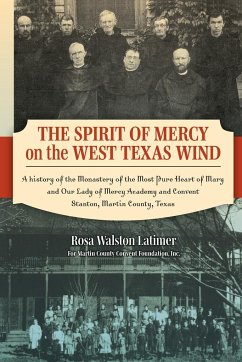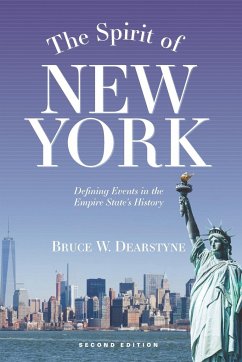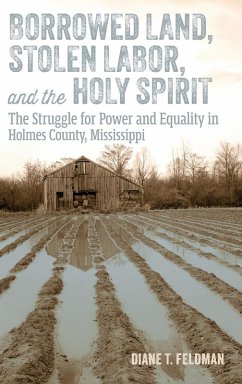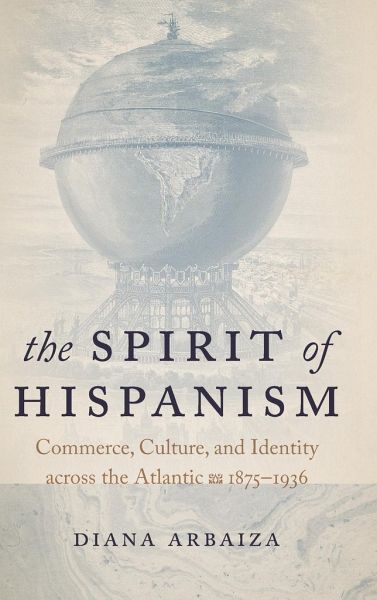
The Spirit of Hispanism
Commerce, Culture, and Identity across the Atlantic, 1875-1936

PAYBACK Punkte
29 °P sammeln!
In the late nineteenth century, Spanish intellectuals and entrepreneurs became captivated with Hispanism, a movement of transatlantic rapprochement between Spain and Latin America. Not only was this movement envisioned as a form of cultural empire to symbolically compensate for Spain's colonial decline but it was also imagined as an opportunity to materially regain the Latin American markets. Paradoxically, a central trope of Hispanist discourse was the antimaterialistic character of Hispanic culture, allegedly the legacy of the moral superiority of Spanish colonialism in comparison with the c...
In the late nineteenth century, Spanish intellectuals and entrepreneurs became captivated with Hispanism, a movement of transatlantic rapprochement between Spain and Latin America. Not only was this movement envisioned as a form of cultural empire to symbolically compensate for Spain's colonial decline but it was also imagined as an opportunity to materially regain the Latin American markets. Paradoxically, a central trope of Hispanist discourse was the antimaterialistic character of Hispanic culture, allegedly the legacy of the moral superiority of Spanish colonialism in comparison with the commercial drive of modern colonial projects. This study examines how Spanish authors, economists, and entrepreneurs of various ideological backgrounds strove to reconcile the construction of Hispanic cultural identity with discourses of political economy and commercial interests surrounding the movement. Drawing from an interdisciplinary archive of literary essays, economic treatises, and political discourses, The Spirit of Hispanism revisits Peninsular Hispanism to underscore how the interlacing of cultural and commercial interests fundamentally shaped the Hispanist movement. The Spirit of Hispanism will appeal to scholars in Hispanic literary and cultural studies as well as historians and anthropologists who specialize in the history of Spain and Latin America.







